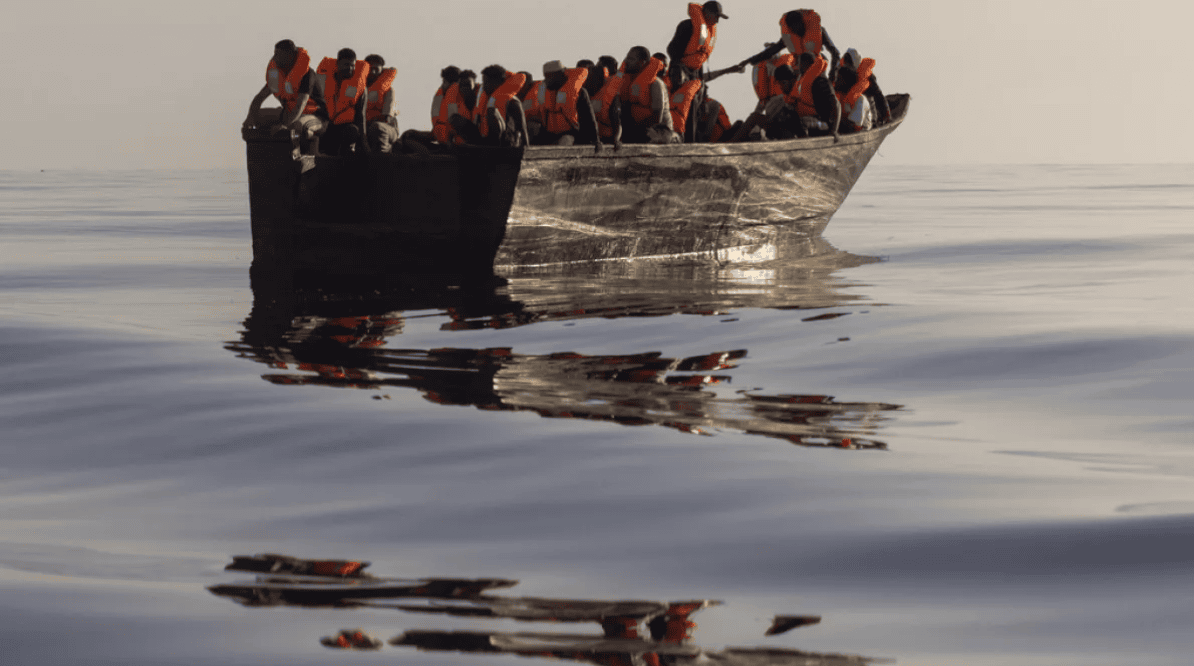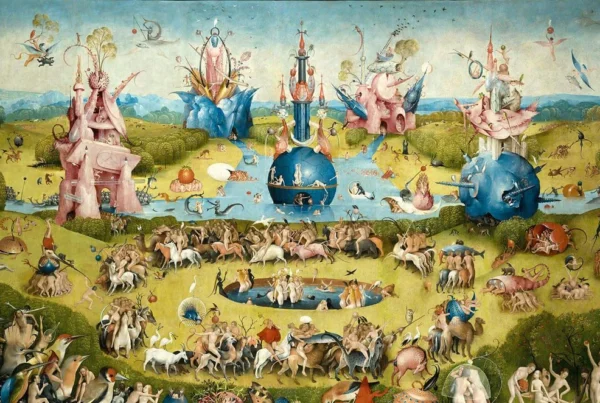Nestled off the coast of Italy lies Lampedusa, an island facing the profound complexities of immigration. In recent years, this quiet destination has witnessed a surge in its population, driven not by natural growth but by the tide of migrants from North Africa. While initial empathy flows, it often recedes, leaving immigrants stranded in limbo — an illustration of Italy’s broader immigration landscape.
Beyond its idyllic facade, Lampedusa embodies the harsh realities of Europe’s migrant crisis. As the island deals with the delicate balance between compassion and integration, it offers insights into the broader global challenge of embracing and supporting those seeking refuge.
Survivors’ testimonies echo the chilling tales of those who brave the busy waters of the Mediterranean. Accounts of overcrowded vessels, transformed into floating tombs, highlight the desperation that drives individuals to risk everything in search of safety and opportunity. Solomon Asafa, one of the fortunate survivors, distinctly recalls the haunting memories that continue to weigh on his dreams: “This story cannot be forgotten. Ten years are not enough, not even a lifetime. It lives with me. I dream of those moments every night.” He is one of the 155 survivors of the shipwreck on October 3, 2013. At 3:15 a.m., in the darkness, the sea off Lampedusa swallowed 368 people, almost all Eritreans like him.
While Lampedusa initially extends a warm embrace to newcomers, the reality of integration often proves challenging. Bureaucratic hurdles and societal tensions cast a shadow over the promise of a better life, leaving many immigrants marginalized and struggling to find their place in society. Wahid, who survived a terrifying shipwreck on October 11, just 60 miles from Lampedusa, is still tormented by the past. He lived through what was known as the “children’s shipwreck.” The most credible figures indicated 268 deaths, including 60 minors, with many bodies never recovered. As Wahid reflects on his journey, his words underscore the resilience required to navigate the uncertainties of a new land. This is echoed in frustrating statistics: in 2021, the unemployment rate among immigrants was around 15.9%, significantly higher than the Italian national average of 9.5%. Around 20% of immigrant adults in Italy lack basic literacy skills, compared to approximately 6% of native-born Italians. And compared to 2% of Italian households, around 10% of immigrant households in Italy live in overcrowded conditions.
Italy’s immigration landscape is characterized by a fine line between compassion and tension. Despite its rich cultural heritage and tradition of hospitality, the country struggles with the challenges posed by the influx of migrants, revealing underlying tensions and disparities within society. As resources decrease and patience wears thin, Lampedusa emerges as a focal point in the broader discourse on immigration policy and practice.
The response from international powers further complicates the situation. For instance, in September 2023, France’s Interior Minister explicitly stated that France would not welcome migrants from Lampedusa, highlighting a lack of cohesive action and solidarity amongst European nations. This reluctance to share the burden of responsibility increases Lampedusa’s dilemma, leaving Italy struggling to cope with the escalating migrant crisis alone. The need for a collective and coordinated effort on a global scale becomes increasingly apparent as the humanitarian situation in Lampedusa reaches critical levels. Just over the span of two days this past October, 8,000 immigrants arrived to the shores of Lampedusa — equivalent to the entire local population.
In the midst of adversity, Lampedusa stands as a beacon of resilience and hope. As waves full of tragedy and hope continue to wash ashore, the island serves as a powerful reminder of the enduring spirit of humanity. Italy, and the world, must confront the grim reality that grace cannot be confined to fleeting moments of sympathy, but must endure as a guiding principle in shaping policies and perceptions towards immigrants.
Excerpt: “As waves full of tragedy and hope continue to wash ashore, the island serves as a powerful reminder of the enduring spirit of humanity.”
Other posts that may interest you:
- The Trouble with ‘Ecocide’
- Carbon dioxide removal – hit or miss?
- Local Victories for Turkish Opposition — A Sign of Hope?
- Are France and Japan a Mismatch Made in Heaven?
- A Reflection on Dark Tourism
Discover more from The Sundial Press
Subscribe to get the latest posts sent to your email.





